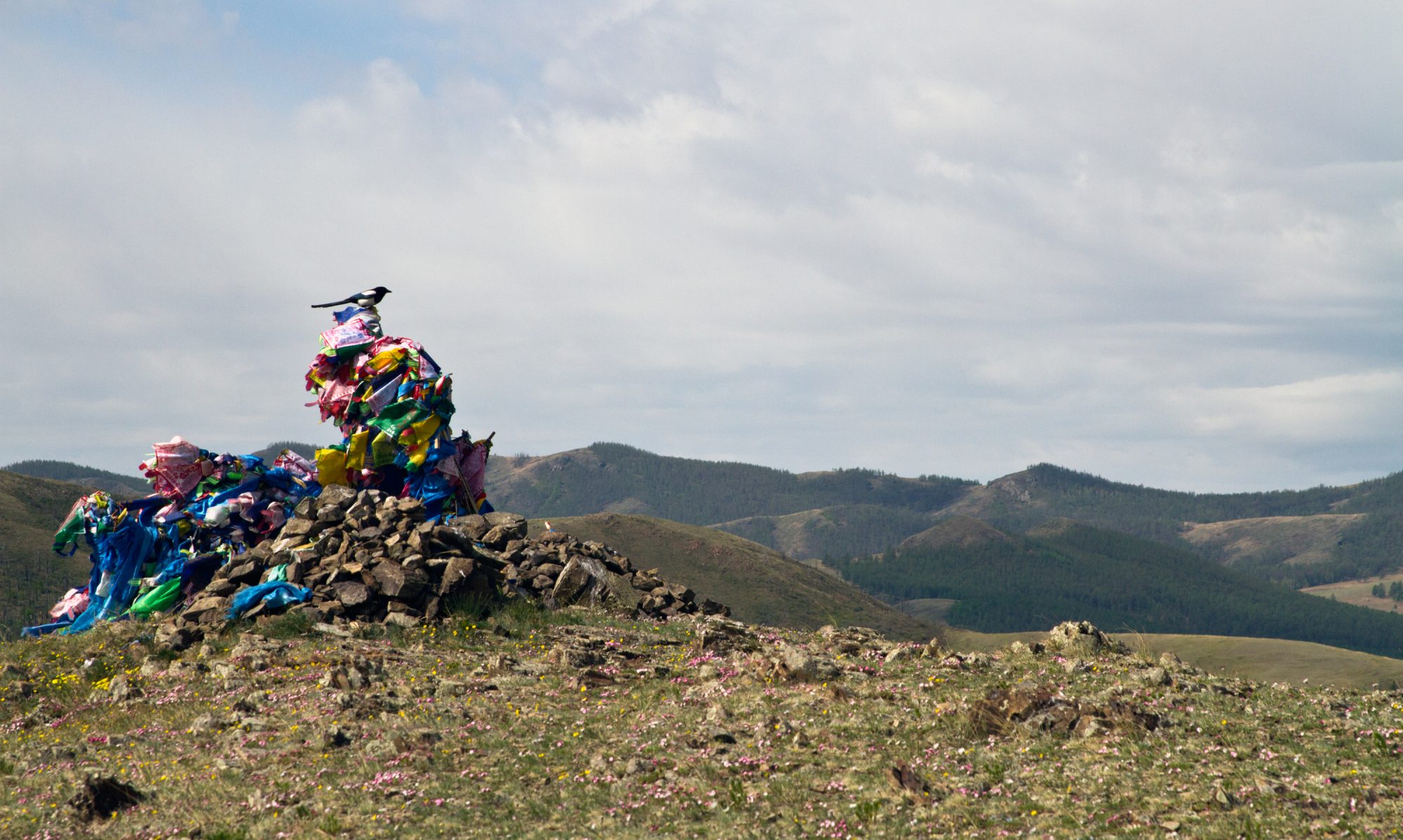So we’ve got through the first section of the book. Chapter three, of course, just finishes the story begun in ch. 2 and, although there are some amusing anecdotes, he’s not really going anywhere except on a narrative jaunt. But chapter 4! The first section of the book is like one of those shortbread cookies with jam in the middle: the jam is always uninteresting and a bit of a disappointment compared to the actual cookie, but without the jam the cookie wouldn’t taste nearly so good. Chapters 1 & 4 are the cookie (i.e. the substance), and 2 & 3 are the jam (meagre travellog with all the annoying pips and sugary congealments of the genre). I was thinking of beginning with a quotation like I did last week and I just couldn’t choose: I wanted to quote the whole chapter. E.g.:
Journeys, those magic caskets full of dreamlike promises, will never again yield up their treasures untarnished. A proliferating and overexcited civilization has broken the silence of the seas once and for all. The perfumes of the tropics and the pristine freshness of human beings have been corrupted by a busyness with dubious implications, which mortifies our desires and dooms us to acquire only contaminated memories (37f.).
And so on and so forth on the falsity of travel narratives – as though he weren’t implicated, though he is and realizes it:
I wished I had lived in the days of real journeys, when it was still possible to see the full splendour of a spectacle that had not yet been blighted, polluted and spoilt; I wished I had not trodden that ground as myself, but as Bernier, Tavernier or Manucci did … Once embarked upon, this guessing game can continue indefinitely. When was the best time to see India? At what period would the study of the Brazilian savages have afforded the purest satisfaction, and revealed them in their least adulterated state? Would it have been better to arrive in Rio in the eighteenth century with Bougainville, or in the sixteenth with Léry and Thevet? For every five years I move back in time, I am able to save a custom, gain a ceremony or share in another belief. But I know the texts too well not to realize that, by going back a century, I am at the same time forgoing date and lines of inquiry which would offer intellectual enrichment. And so I am caught within a circle from which there is no escape (….) In short, I have only two possibilities: either I can be like some traveller of the olden days, who was faced with a stupendous spectacle, all, or almost all, of which eluded him, or worse still, filled him with scorn and disgust; or I can be a modern traveller, chasing after the vestiges of a vanished reality. I lost on both counts, and more seriously than may at first appear, for, while I complain of being able to glimpse no more than the shadow of the past, I may be insensitive to reality as it is taking shape at this very moment, since I have not reached the stage of development at which I would be capable of perceiving it. A few hundred years hence, in this same place, another traveller, as despairing as myself, will mourn the disappearance of what I might have seen, but failed to see. I am subject to a double infirmity: all that I perceive offends me, and I constantly reproach myself for not seeing as much as I should (43).
With that I’m going to sit back and see what the rest of the book brings.
I did want to ask (and this will display my ignorance) how that would fit in with the recent Bakhtin craze, if at all? The word ‘spectacle’ set off some little bells in my head and I’m wondering how far it’s legitimate or how much it’s just a false alarm brought on by silly pseudo-critical conditioning.
